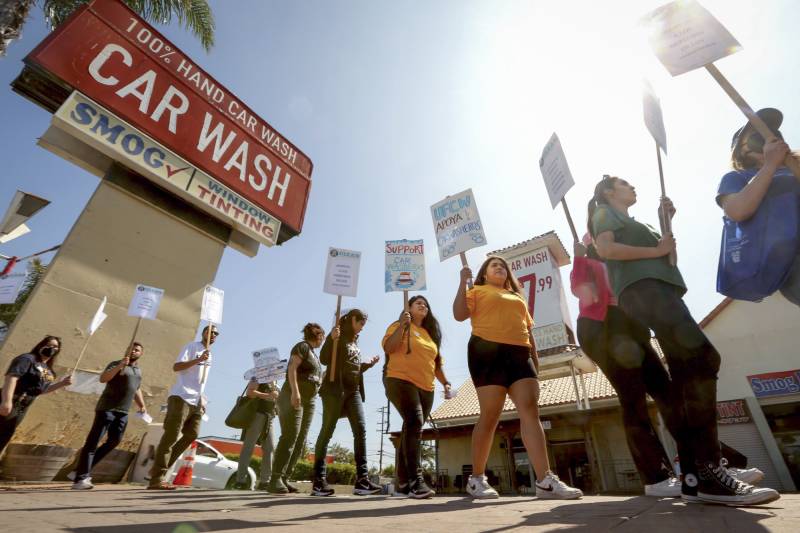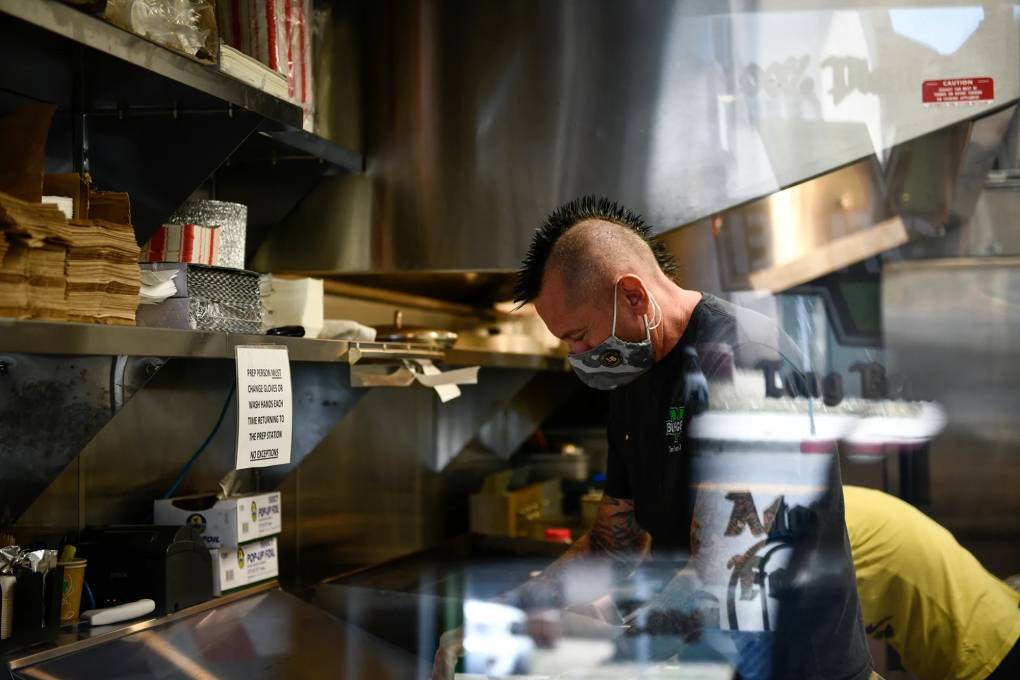The Labor Commissioner employees requested an audit focusing on how to make salaries at their agency more competitive — and how to fix a “crippling inability” to hire and retain staff by the California Human Resources Department (CalHR) and human resources at the Department of Industrial Relations, which oversees the agency.
State government tends to offer lower wages when compared to the private sector, while hiring tends to be slower as well, according to experts. But salaries at the Labor Commissioner’s Office lag by nearly 30% compared to public-sector peers, said the employees, and the hiring process is so slow and inefficient that qualified candidates end up taking jobs elsewhere.
Those inefficiencies include making candidates apply multiple times for the same job after CalHR or the Department of Industrial Relations decides a new job posting is required, said the staffers, who include hearing officers, attorneys and investigators throughout the state.
All those hoops constitute extra work for Labor Commissioner employees, too. They worried that sometimes the HR departments decide “ … after our staff [spends] countless hours interviewing and vetting candidates, that the candidates … from the list HR itself provided, do not meet minimum qualifications for the positions,” the letter stated.
Over 200 vacant positions
Nearly 240 positions were vacant at the Labor Commissioner’s Office in May 2022, according to public testimony by agency officials. Even in years when Gov. Gavin Newsom proposed expanding the agency’s budget to hire more employees, the agency remained severely understaffed.
The Department of Industrial Relations did not respond to requests for comment. A spokesperson for CalHR said the department is trying to improve the hiring process.
“CalHR is working on a number of strategies to help eliminate barriers to hiring and retaining employees,” said Camille Travis, deputy director of communications at CalHR, in a statement.
“They include the Work for California recruitment campaign which kicked off in February, increasing the number of hiring events with our department partners (virtual and in-person), and improvements to CalCareers that will make it easier for candidates to navigate the state hiring process,” Travis wrote.


